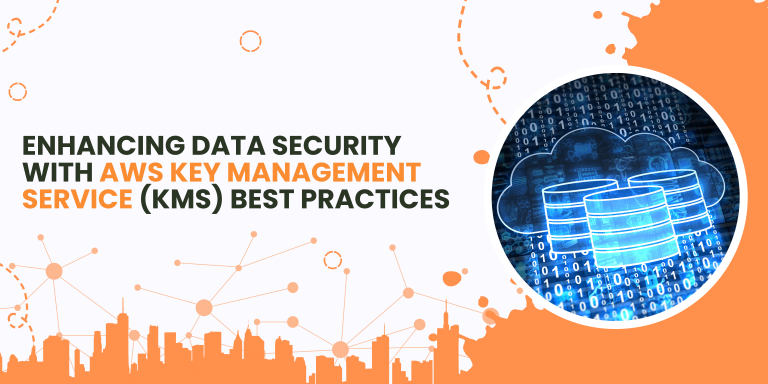What if I say that last month the customer visited your store didn’t pay you according to his bill amount. Locating a particular place might be easy because of location services, but what about a person.
How will you be able to find that particular person?
Here comes the role of data. In today’s world, data serves as the fundamental basis for almost all decision-making processes, spanning from individual to business and governmental levels, making it an incredibly significant factor. Data is a valuable resource that businesses cannot afford to overlook in today’s competitive market. We have discussed a lot about data till now, we now know how important data is to every individual but now the challenge is where to store this data.
Amazon S3
Let me introduce you to a cost effective and secured service named Amazon S3 (Simple Storage Service). It is designed to store and retrieve any amount of data, from anywhere in the world, at any time. It is highly durable, scalable, and secure, making it an ideal choice for businesses of all sizes. With S3, you can store and retrieve any type of data, including documents, images, videos, and data backups.
Furthermore, S3 offers seamless integration with other AWS services such as Amazon EC2, Amazon CloudFront, and AWS Lambda, allowing you to build powerful and scalable applications that meet your business needs.

Benefits of using S3 Service:
- It is highly dependable and provides exceptional durability for your data. It distributes data across multiple devices and locations, guaranteeing that your data will remain accessible at all times.
- It is incredibly scalable and can accommodate significant amounts of data. As your business grows, you can conveniently adjust your storage needs, either increasing or decreasing them.
- It provides a budget-friendly option for storing and managing data in the cloud. You only pay for the storage you utilize, with no upfront expenses or lengthy commitments.
- It prioritizes security and offers multiple security features to safeguard your data. It facilitates encryption at rest and in transit and allows you to control access using diverse authentication methods.
- It has a user-friendly interface that enables you to upload and retrieve data quickly and efficiently. It also integrates smoothly with other AWS services, making it effortless to use alongside other cloud-based applications.
Amazon S3 integration with other AWS Services
There are several services which integrates with Amazon S3 and help us build Applications we need. Let us consider several use cases in which we need different services integrated with Amazon S3 to design a Well Architected Infrastructure.
We might be wondering how to migrate TBs of data to S3 for further uses from On-Premises source, AWS Datasync streamlines and expedites the process of transferring large amounts of data between on-premises storage and AWS services. It provides a secure and efficient means of data transfer over the network, making it effortless to migrate, backup, and replicate data.
Now our data is securely stored in Amazon S3, but what if we constantly just keep pushing our data without managing it. It will just let us pay long bills for the amount of data we are storing. To use Amazon S3 service in the most cost-effective manner, S3 facilitates users to configure S3-Intelligent Tiering which allows to tier-down objects(data) in the S3 Bucket to Archive Access tier which costs less than Standard tier. If data stored in S3 bucket is not accessed for last 90 days or more it automatically moves the data to Archive class and if minimum of 180 days data is not accessed it will automatically move data to Deep Archive class. This activity lets user cut down costs related to data storage in Amazon S3.
Amazon S3 service allows its users to manage their data in the best and easiest possible manner, we can create lifecycle rule to configure predefined actions to perform on objects during their lifetime. There are two types of actions: transition and expiration. Transition actions define when objects transition to a storage class for less-frequently accessed objects. Expiration actions define when objects are removed. This rule helps user to hassle free manage data in S3.
If users need to replicate data from one bucket of an account to another account’s bucket, creating Replication rule copies newly created objects and object metadata from a source bucket to a specified destination bucket.
Amazon S3 assures organization to become stress-free for secured and reliable data storage service. Listing all the features of Amazon S3 makes us think it’s really easy to manage and store data. Indeed, it is.







